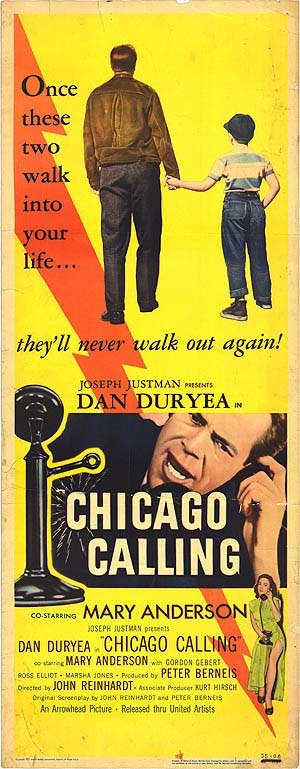
Self-Indexing and Shifting Spectators in Varda’s Vagabond
Adapted from a lecture given at the Filmmuseum Pottsdam, July 6, 2016.
It’s unfortunate that Agnès Varda only began to assume the status of a major filmmaker after her husband died and she became known as the custodian of Jacques Demy’s precious legacy. Prior to that, she was mainly known, affectionately but somewhat condescendingly, as a sort of mascot of the French New Wave whose public profile remained almost as superficial as that of her eponymous heroine in Cleo from 5 to 7 (1962). And the troubling, ironic sting at the end of La Bonheur (1965) tended to be either misunderstood or ignored. Thanks to the diversity of her films, stylistic and otherwise, she was easy to overlook due to her reluctance to brand herself, unlike her male colleagues.

The Chiseler Interviews Jonathan Rosenbaum
The Chiseler’s Daniel Riccuito discusses pre-Code talkies, noir and leftist politics with one of America’s leading film critics.
DR: We share a common enthusiasm for early talkies. Do you have any favorite actors, writers or storylines relating to the period’s ethnic, often radically left-wing, politics? I’m thinking of the way that, say, The Mayor of Hell suddenly busts into a long Yiddish monologue. Or movies like Counsellor at Law and Street Scene present hard Left ideas through characters with Jewish, Eastern European backgrounds.

